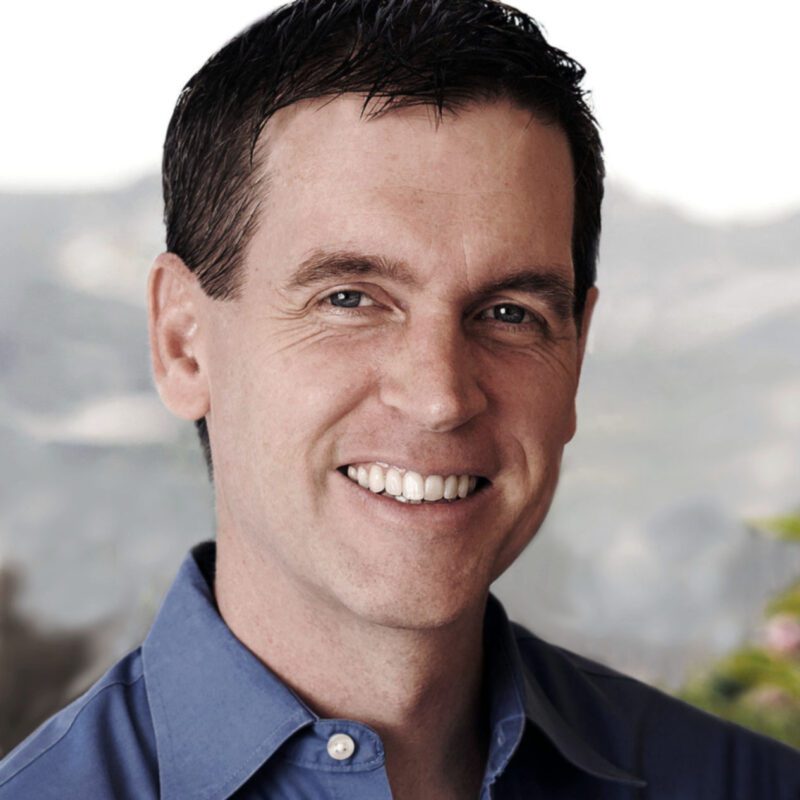
The finalists for WashingtonExec’s Pinnacle Awards were announced Oct. 13, and we’ll be highlighting some of them until the event takes place virtually Dec. 8.
Next is Healthcare Government Executive of the Year finalist Dr. Thomas Osborne, who’s director of the National Center for Collaborative Healthcare Innovation at the Department of Veterans Affairs. Here, he talks key achievements, primary focuses areas going forward, career advice and more.
What key achievements did you have in 2020/2021?
I am very proud of our team’s diligent work, expertise and effective collaboration. As a result, we made our VA Palo Alto one of the first 5G hospitals in the world. As part of that effort, we are also leading cutting-edge innovations in the use of augmented reality and mixed reality to enhance healthcare through advanced teaching, training, presurgical planning and surgical guidance.
In addition, our team has also rapidly addressed a diversity of COVID challenges; we uncovered new insights from big data to better triage patients with predictive modeling, and early-on in the pandemic, we also discovered how aspirin use was correlated with significantly better outcomes.
We have brought in advanced technologies to reconnect patients that were isolated by COVID-protocols, and drove the discovery and implementation of advanced operational readiness systems to efficiently empower thousands of our VA staff.
What has made you successful in your current role?
My belief is that great leaders help others succeed. And this in turn benefits many others, including myself. This strategy not only applies to our team members, but also to the other teams we work with, but most importantly the veteran patients we serve.
What are you most proud of having been a part of in your current organization?
I am most proud of being part of building the health care system of the future. To help solve big challenges that positively impact the lives of many, and to develop solutions that transform illness to wellness.
What are your primary focuses going forward, and why are those so important to the future of the nation?
Health care is facing a titanic confluence of three enormous challenges. We have a growing older population with multiple comorbidities, staggering healthcare costs that exceed 20% of our GDP, and we don’t have enough providers to serve everyone who needs it even if we could afford it.
These colliding forces are accelerating over time, and not only impact patients, but also their loved ones and society. My primary focus to work on specific projects at the intersection of these three forces, because the solutions we develop here can be generalized and scaled to solve many other related challenges.
What’s your best career advice for those who want to follow in your footsteps?
Don’t believe anyone who says your ideas are impossible. If you have a deep passion and determination for your goals, in particular a vision that is bigger than yourself, anything is possible.

